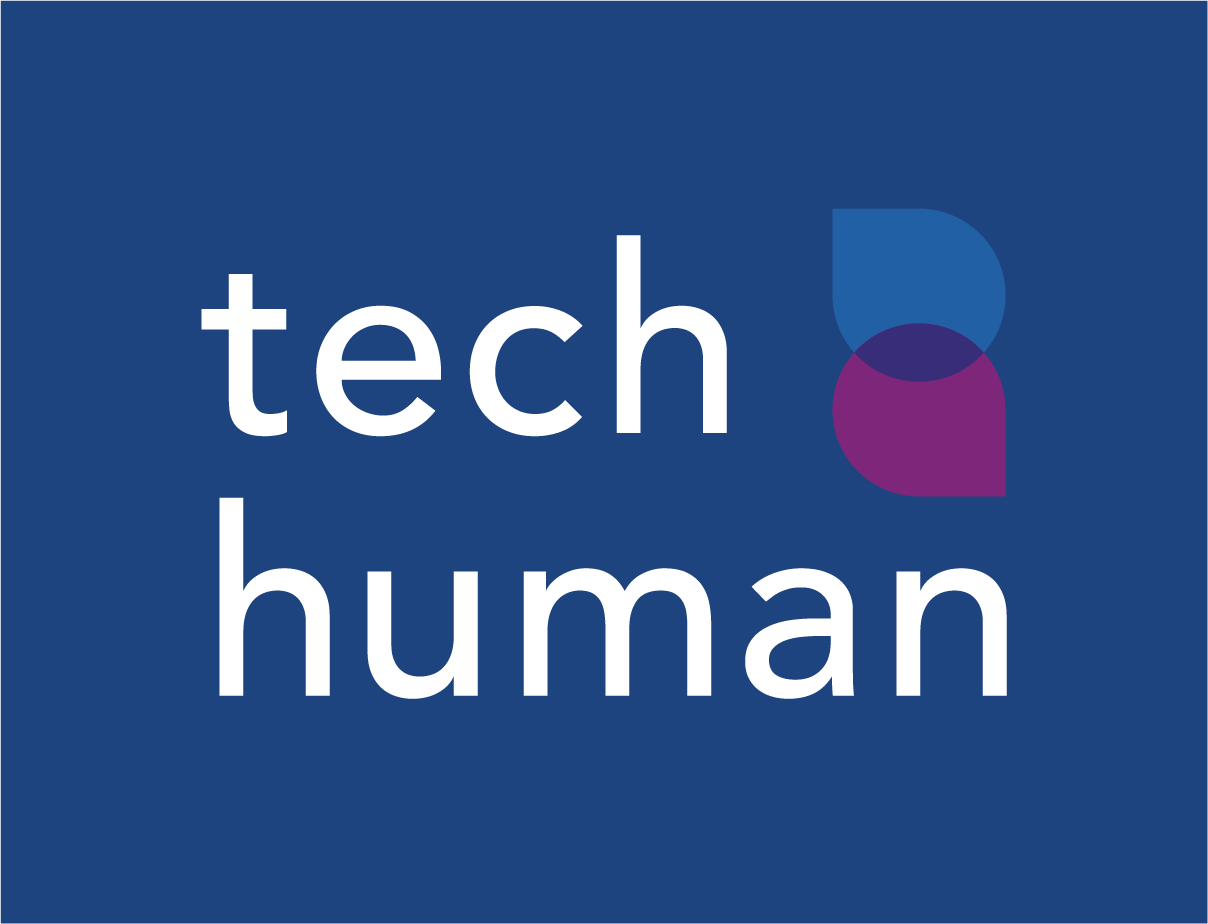These are a few; a very few books we have found particularly helpful in trying to understand the issues of digital flooding in our family life. It is a personal list, which will inevitably be incomplete. We hope these books help you as much as they have helped us.
This list can be downloaded as a PDF file by clicking on the button below:
Andy Crouch’s “The Tech-Wise Family” was a major inspiration for the family’s section of the TechHuman initiative. We were most interested to see what Amy Crouch (Andy’s daughter) was going to say about her experiences growing up in a ‘Tech-Wise Family’.
Andy began the book by inviting us to “take hold of the life that is truly life”. To do that: to celebrate, to feast, to love then this is invariably best done in community, in relationship with other living human beings. It is only there that we can fully celebrate our triumphs, completely share in our sorrows, and find true encouragement from one another. It is in community and in family that we can be loved, accepted, and known. Digital technology offers a semblance of ‘comfort’ and ‘connection’ on a very grand scale; yet the reality it turns out to be a pale shadow of the real thing.
“You don’t have to know everything about every app and device to mentor your children. But you do need to be in the conversation. If you’re not a part of their world, you can’t influence their world.”
Catherine Steiner-Adair is trying to help families turn technology into an ally for closeness, creativity and community. This takes some clear thinking and commitment. “But it [our society] is halfway towards forgetting that children need childhood. Those who insist on remembering shall perform a noble service.” *
The Author recommends that parents ask themselves, “What values do I want my children to end up with as adults, and am I living the lifestyle and teaching the lessons that embody these values?”
Adam Alter is a psychologist and writer, currently based at New York University’s Stern School of Business. His academic research focuses on social psychology, judgment and decision-making, with an interest in the effects that subtle cues in the environment can have on human cognition and behaviour.
‘Irresistible’ is broken into three sections:
1. what is ‘behavioural addiction’?
2. ingredients of behavioural addiction; and
3. some possible solutions.
If you want to understand why so many smartphone applications seem to be ‘addictive’ – this book explains, with devastating simplicity how it is done. Nir Eyal graduated from Stanford University Business School. Eyal researched what was happening empirically and from that he identified a core pattern that seemed to underpin all ‘successful’ solutions of this type, which he described and called the ‘Hook Model’
When you pick up this little book, with its bright red cover it seems quite innocuous. It’s only just over four hours as an audiobook. I expect that it will provoke strong responses in many readers with its challenging, personal examination of the potential impact of technology on family life, and how you might go about keeping it in its proper place.









